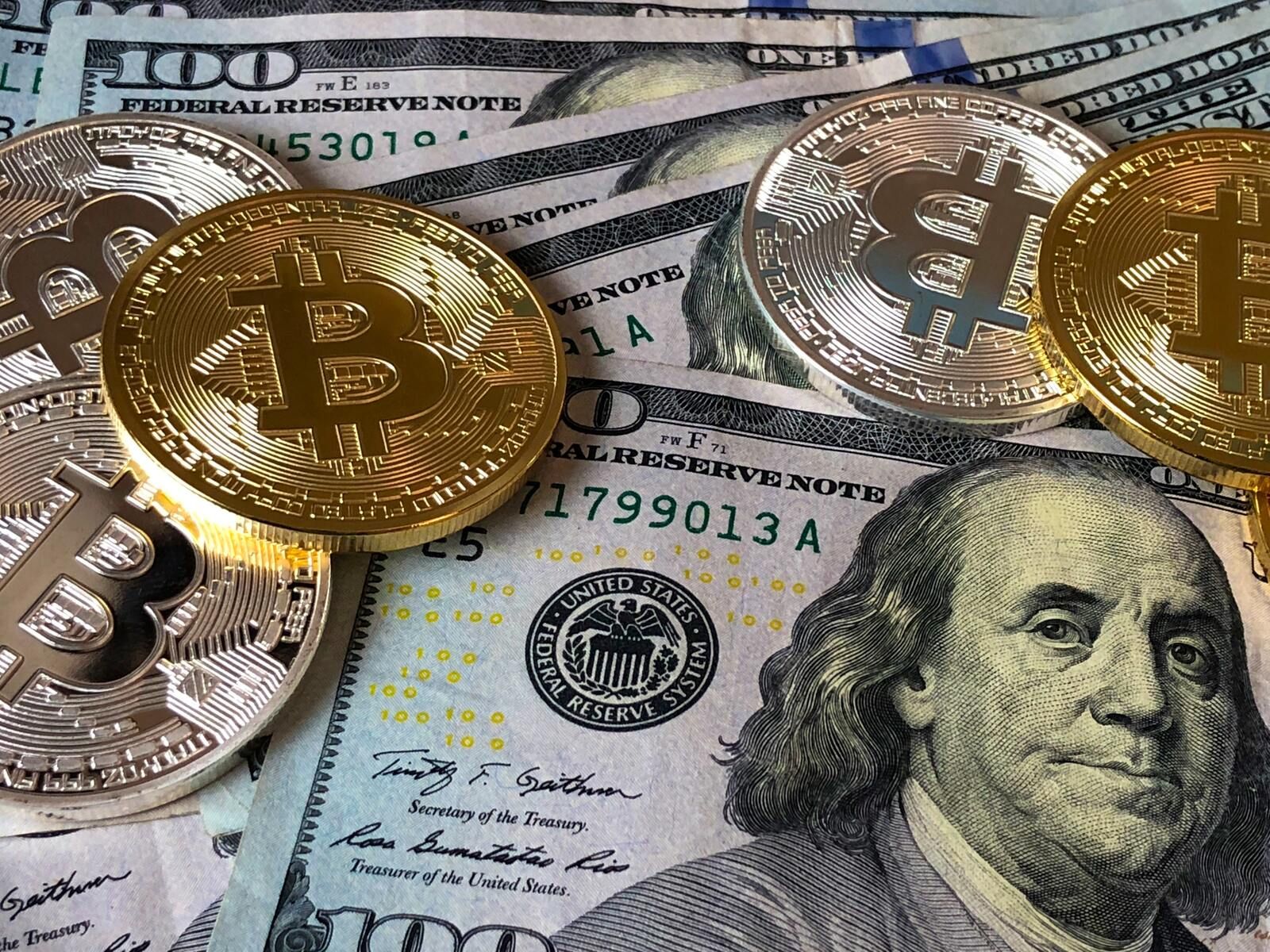Devan Linus Rajadurai, who co-founded MTC Asset Management, shares his take on what constitutes a sound investment—and why he thinks crypto and NFTs don't make one
Managing wealth takes great skill, and it is a subject that has long interested Devan Linus Rajadurai. The Gen.T honouree is the co-founder, CEO and CIO of MTC Asset Management (MTC), a hedge fund that invests in global blue-chip equities listed mostly in Asia or the US.
Devan's family has a long history in finance. His grandfather, Kok Ah Too, was the first Malaysian to head the Stock Exchange of Malaysia and Singapore in the 1960s. In his teens, Devan would dip his toes into the industry to help his family manage their overseas investments.
Later, he would work in a management consulting firm in Australia and meet his current co-founders, Donovan Ng and Aaron Yew, who shared his interests in investments and entrepreneurship. After returning to Malaysia, the trio founded MTC, Malaysia's first boutique hedge fund, in 2012, specialising in global equity value investing.
Devan shares more about his investment philosophy and thoughts on cryptocurrency and non-fungible tokens (NFT) in his own words.

I look at investing as the practice of saving money to earn a high rate of return. The philosophy we take at MTC is to invest for the long term, which involves finding great companies that generate strong profits. We do not believe in speculating but rather focus on a strategy where we minimise downside risks and benefit from its upside potential.
In building our portfolio, we focus on blue-chip stocks. Normally, this would compromise the shares of large and well-established companies that are less risky and have a solid business model. This includes banks like Maybank, technology companies like Microsoft or established fast-food chains like McDonald's. It comes down to picking the right stocks and buying them at a reasonable price. In the long run, we have managed to turn out a 10 to 15 percent yearly profit on our investments using this strategy.
There is a lot of hype surrounding cryptocurrencies but I would not invest in them.The reason is simple: I don't see any intrinsic value in cryptocurrencies. Their value is speculative and the price is highly volatile, with the possibility of rising to record levels and dropping rapidly in just days without any firm reason or explanation. In the event a regular investment (one that is not crypto or NFT-related) doesn't perform well, there is still some value retained. The same can't be said of cryptocurrencies.
See also: 4 Things To Know About NFT Art, According To Singaporean Artist Speak Cryptic
